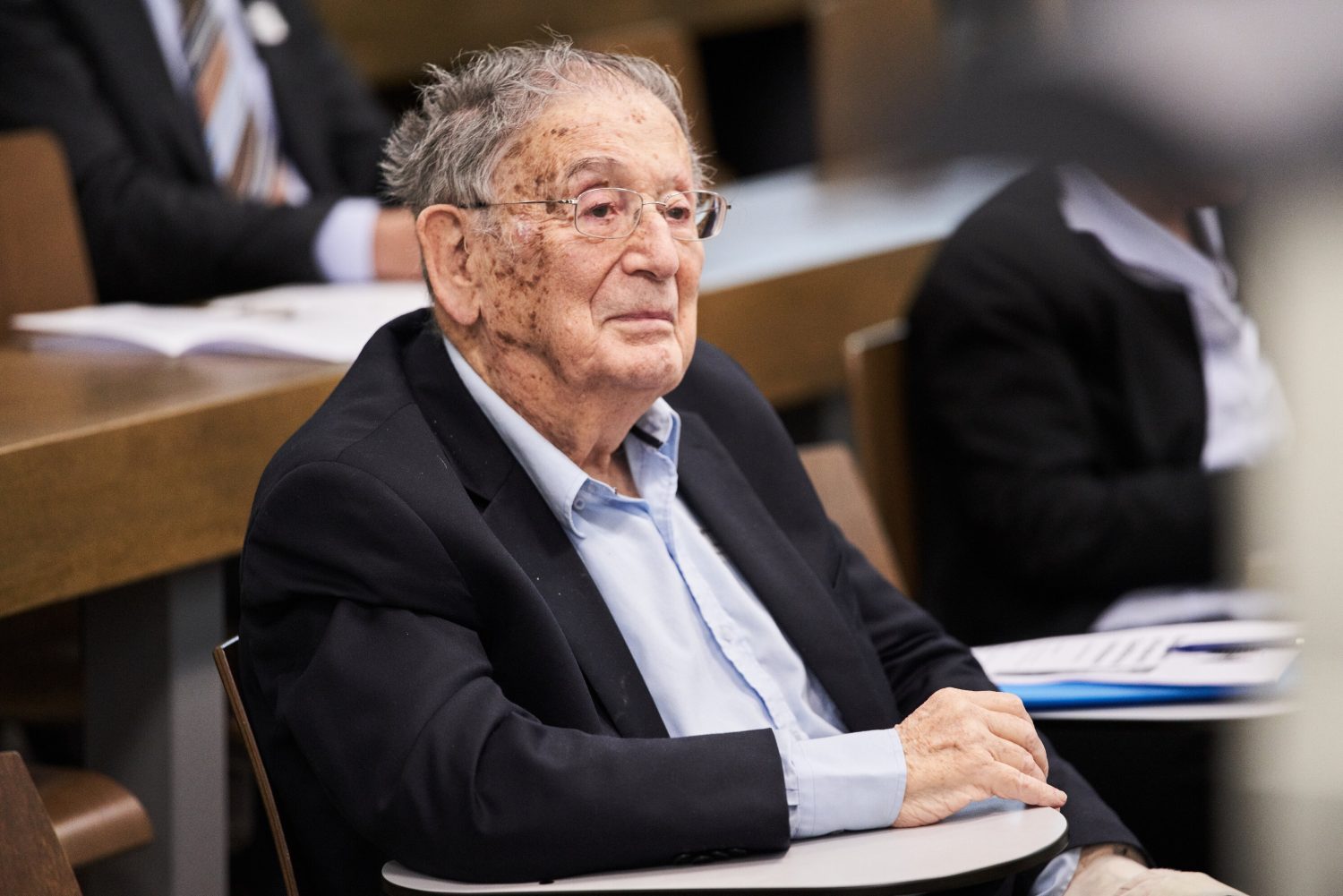


Russian Antisemitism and the War in Ukraine
by Professor Yehuda Bauer, IHRA Honorary Chairman
The recent statements by the Russian Foreign Minister, Sergey Lavrov, in answer to questions by an Italian journalist, dealing with Jews and antisemitism, are of great concern.
Mr. Lavrov, clearly, was not making a well thought-out political declaration; he spoke intuitively, from his gut so to speak, obviously saying what he really thought: Some of the worst antisemites are Jews; Hitler may have been the scion of Jews; And the fact that Ukrainian President Volodymyr Zelensky is a Jew does not mean he does not represent neo-Nazism and antisemitism.
These statements indicate a deep-seated antisemitic heritage as a major trend (there are liberal opponents to it) in Russian popular and literary culture. In other words, Mr. Lavrov’s statements are an expression of contemporary antisemitism. Where does this come from?
Half-Truths and the Creation of a Useable Past
Without going into a thorough historical analysis, and dealing only with contemporary issues, one has to say that this kind of antisemitism is an expression of what the International Holocaust Remembrance Alliance has defined as Holocaust distortion.
The legacy of World War II is everywhere. Major and minor statements by political actors in different circumstances refer back to that war, which cost the lives of 35 million people at least and was initiated and executed at the hands of Nazi Germany, its allies, and collaborators. The longer the time that has passed since 1945, the more the genocide of the Jews is realized to have been a very central part of Nazi policies.
Nazi Germany, obviously, was the main force responsible for the genocide, but without the help of smaller or larger groups of citizens of the countries occupied by, or in alliance with, Nazi Germany, they would have had great difficulties in murdering the Jews. Various states are out to establish their anti-Nazi legitimacy and are looking for proof of that in their histories. When such proof is absent, or when collaboration with Nazi Germany appears to have been widespread, a past is invented, because the past has to be useable for present needs.
The invented past is never totally a-historical: Elements of anti-Nazi resistance, and more especially selfless help to persecuted Jews, can indeed be proven. It is a matter of proportions, and of timing, because as the war progressed and German defeat became possible and finally inevitable, anti-Nazi resistance grew, and with it, on the margins, also some help to Jewish remnants. Distortions like these can be seen in practically all occupied or collaborating countries, all of them designed to produce a useable past – a past, that is, useable for contemporary nationalistic ideologies.
Russia’s rewriting of History
In the Russian rewrite of history there is a justification of the alliance with Nazi Germany (Molotov-Ribbentropp Pact, 23.8.1939), as necessary for the preparation of Soviet resistance to Nazi Germany, which is a clear distortion, because Stalin hoped to appease the Germans by providing them with all the materials they needed for the pursuit of the war.
Vladimir Putin has accused Poland of being antisemitic. In addition, he minimized the importance of the genocide of the Jews in the difficult history of the Soviet fight against Nazi Germany, presenting it as only part of the Nazi occupation. As in communist times, Putin’s Russia is in fact repeating the narrative that says that the Germans murdered peaceful Soviet citizens, ignoring the fact that when these citizens were Jews, the Nazis annihilated them totally, which they did not do with any others. The stance of the Soviet regime was anti-antisemitic; it did not want internal problems to interfere with the prosecution of the war. But large numbers of testimonies show that antisemitism was rife among Soviet, mainly Russian, soldiers, and showed itself in the army.
Lavrov’s statement should be seen in this context, as a genuine expression of basic popular attitudes. In today’s West, such statements would probably lead to the dismissal of anyone who made them. Not in this case.
Antisemitism: A Threat to Society
The war in Ukraine is a Russian attempt to control a centrally important region that traditionally was connected to Russia but fought for its independence, and an attempt to prevent Ukraine from turning to the West, as most Ukrainians desire. Both the accusation that liberal Ukraine, with its Jewish president, is a state controlled by Neo-Nazis and major politicians making antisemitic statements are unacceptable.
The core of the IHRA’s stance is the knowledge that antisemitism, while obviously endangering Jews, is a cancer in the body politic of non-Jewish societies. The Jews are a tiny minority among others, but antisemitism is a threat to the non-Jewish society. It was a major cause of World War II, and that cost, as we have said, some 35 million dead in Europe alone. Most of them, maybe 29 million, if not more, were not Jewish.
Lavrov’s remarks must, therefore, be rejected for the sake of Russia, no less than for the sake of the Jews.
Sign up to our newsletter to
receive the latest updates
By signing up to the IHRA newsletter, you agree to our Privacy Policy

